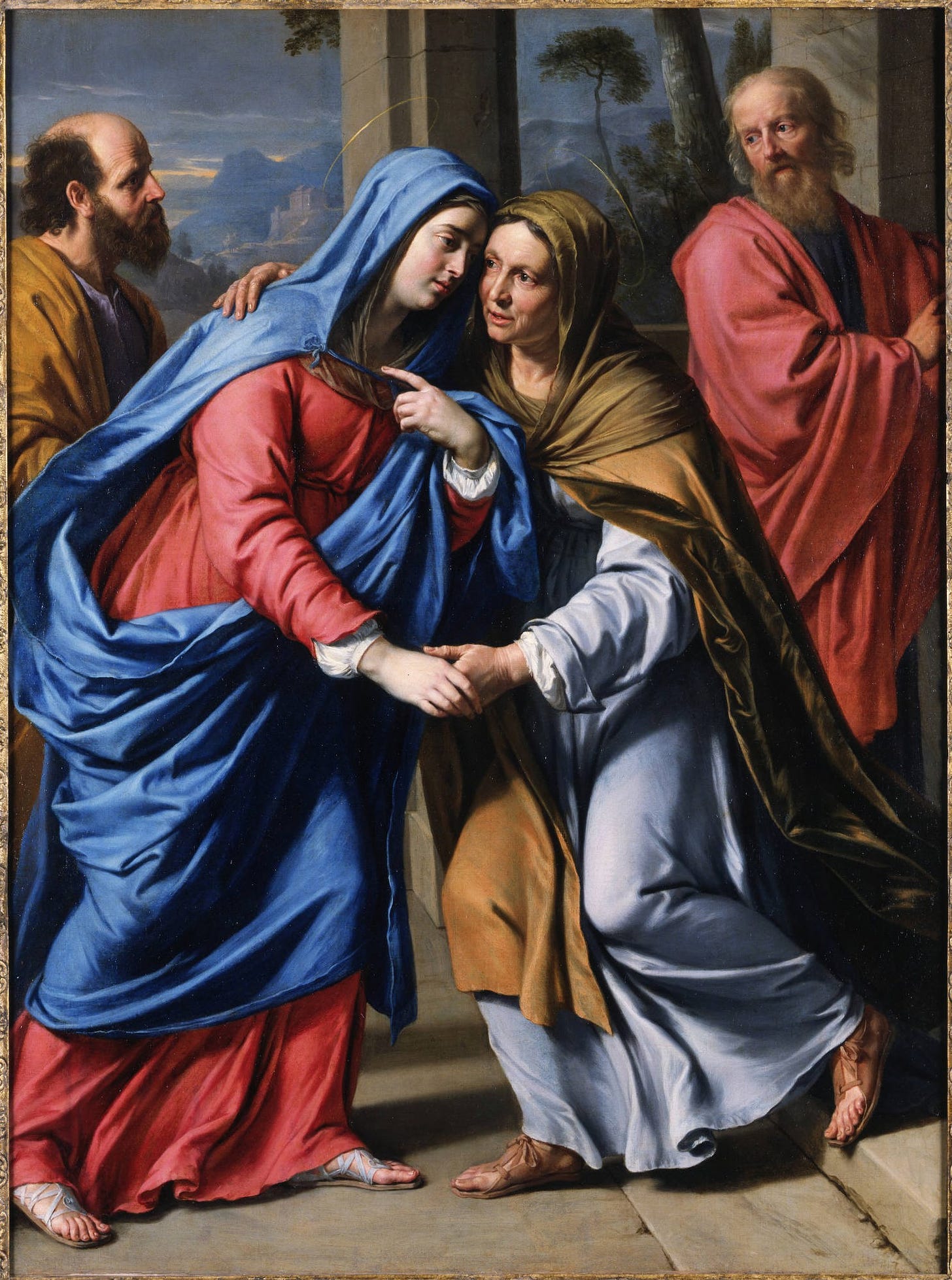
Welcome to the second in a series of reflections from Stephen Charnock on the incarnation. As a way of expressing my gratitude for the support people have shown as I have set out on my PhD, I’m sending out a short excerpt each morning up to and including Christmas Day.
Yesterday we saw how Charnock begun his discussion of the incarnation with an explanation of Jesus’ miraculous conception. We also saw how careful he was to clarify exactly what the Holy Spirit was (and was not) doing in Mary’s womb in the run up to that first Christmas. In particular, it was only Christ’s human nature, and not his divine nature, that was conceived in Mary’s womb. Once the Holy Spirit formed Christ’s human nature he then united it to Christ’s divine nature.
But the intricacy with which Charnock seeks to explain what was going on within Mary might lead us to ask whether there was another way? Indeed, a simpler way? And it’s this question that Charnock addresses next. He writes
God indeed might have created his body out of nothing, or have formed it (as he did Adam’s) out of the dust of the ground; but had he been thus extraordinarily formed, and not propagated from Adam, though he had been a man like one of us, yet he would not have been of kin to us, because it would not have been a nature derived from Adam, the common parent of as all.
Why did Jesus need a nature derived from Adam? Why did he not only need to be human but also be one of our relatives? The reason had to do with the work that Jesus was coming to do. If his death was to pay for the sins of his people, he needed to be one of them. As Charnock goes on to explain, it was necessary that our saviour be
of the same nature that had sinned, and so what he did and suffered may be imputed to us, which, had he been created as Adam, could not be claimed in a legal and judicial way.
We could summarise Charnock’s answer like this: the incarnate Christ needed to be one of us in his birth if he was going to represent us in his death.
No birds or bees
Okay, so far so good. But that raises another question. If it was so important that our saviour be like us, why couldn’t he just be conceived like us? You know, like the birds and the bees that your parents sat you down to tell you about when you were a child. Well, Charnock continues,
It was not convenient he should be born in the common order of nature, of father and mother, for whosoever is so born is polluted: ‘A clean thing cannot be brought out of an unclean,’ Job 14:4. And our Saviour had been incapable of being a redeemer had he been tainted with the least spot of our nature, but would have stood in need of redemption himself.
If our saviour had been conceived in the normal way, he would have been born with a sinful condition like you and me. In fact, you don’t need someone from the 17th century to tell you that. You could just ask any young parent about their routine this morning. As someone once said, no parent has ever had to teach their child how to disobey. Well, except Mary, that is. Because, if that had been true of Jesus, he couldn’t have been much of a saviour for himself, let alone anyone else.
Divine desideratum
This brings us to perhaps the most significant reason why the incarnate Christ couldn’t have been conceived in the normal way. For, if it was important that Jesus was human, it was equally as important that he was divine. And, if the divine was to dwell in a human form, it could not be in a flawed body. Charnock concludes,
Besides, it had been inconsistent with the holiness of the divine nature to have assumed a tainted and defiled body. He that was the fountain of blessedness to all nations, was not to be subject to the curse of the law for himself, which he would have been had he been conceived in an ordinary way. He that was to overturn the devil’s empire, was not to be any way captive under the devil’s power, as a creature under the curse; nor could he be able to break the serpent’s head had he been tainted with the serpent’s breath.
Those beautiful words are about an even more beautiful thing: the uniting of the divine and the human in the incarnation. But what different does knowing about it make to the Christian life?
We’ll have to leave that for tomorrow. See you then . . .



